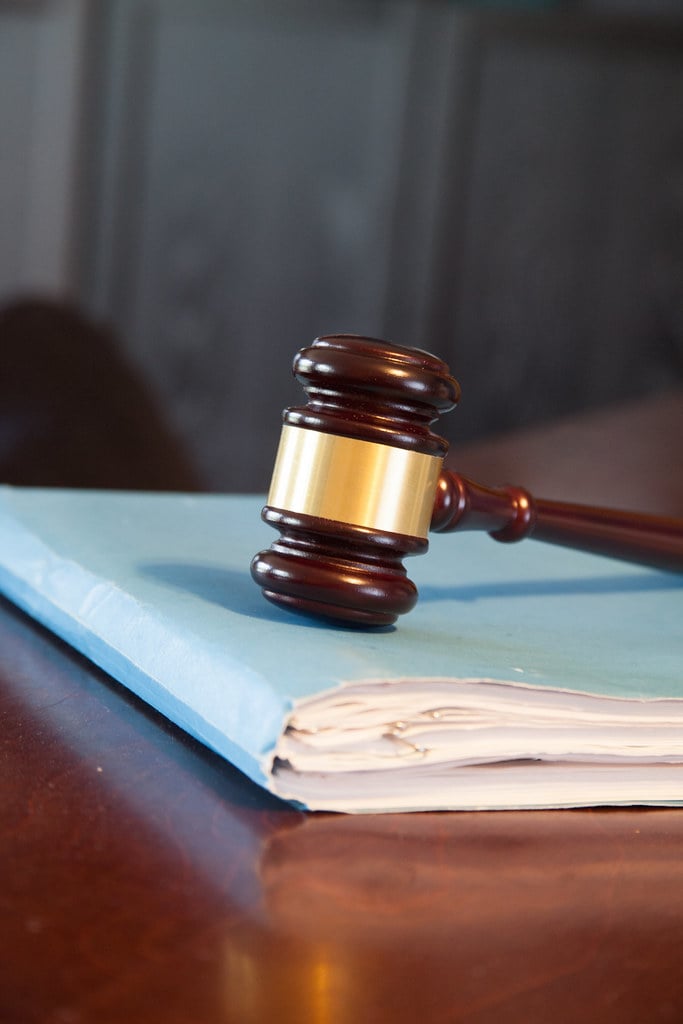Key Takeaways
- A federal judge found Bilal A. Essayli unlawfully serving as Acting US Attorney.
- Essayli’s 120-day interim period expired, voiding his appointment.
- Three criminal defendants challenged his authority, and the court agreed.
- The decision may affect other interim appointees, including Lindsay Halligan.
Introduction
A federal judge has shaken up a major legal office. He ruled that Bilal A. Essayli is not lawfully serving as Acting US Attorney for the Central District of California. This surprise decision came after three defendants sued, saying his interim slot had expired. The court agreed. Now the future of key prosecutions hangs in the balance.
Why the Acting US Attorney Title Matters
An Acting US Attorney leads prosecutions in a federal district. They decide whether to charge people with crimes. They guide local investigations and represent the government. When an appointee serves unlawfully, defendants can question every action he took. This ruling shows how a technical rule can disrupt big cases.
Judge’s Ruling on Acting US Attorney
U.S. District Judge J. Michael Seabright delivered the opinion. He noted that the Attorney General’s July order did not validly appoint Essayli. He wrote that Essayli’s interim label expired after 120 days. Since then, Essayli worked without proper authority. The judge declared his service unlawful.
The 120-Day Rule
Federal law limits interim US Attorneys to 120 days. This time limit ensures the President or Senate can confirm a permanent appointee. Essayli started in April. His window closed by mid-August. Yet he kept signing orders and motions. Three defendants saw a problem. They asked the court to throw out his authority.
Defendants’ Challenge
Each defendant faced separate criminal charges. They claimed unfairness because their cases had motions signed by an unlawful Acting US Attorney. They argued that his illegal status could taint the entire process. The court rejected motions to dismiss those cases. It said other attorneys signed key documents. Still, the ruling stands that Essayli’s role is invalid.
Impact on Current Cases
At first glance, defendants may cheer the ruling. However, the court found no due process violations or irregularities. All major motions were validly signed by other government lawyers. As a result, current prosecutions can move forward. Nevertheless, defense teams may use this decision as a bargaining chip.
Risks for Other Interim Appointments
The fallout may not stop with Essayli. Senior legal reporter Kyle Chenny noted the decision “bodes poorly” for Lindsay Halligan. Halligan is another Trump appointee serving without full Senate confirmation. She signed indictments against a former FBI director and a state attorney general. Her role now faces fresh scrutiny. If courts declare her unlawful too, major cases could stall.
Why This Ruling Matters Nationally
This issue goes beyond California. Every federal district has an Acting US Attorney from time to time. If courts start invalidating their service, many prosecutions could face challenges. Transition teams in the Justice Department will need to watch the clock closely. They must avoid interim periods that exceed legal limits.
Transition Planning at the Justice Department
After this decision, the Justice Department must improve its transition plans. It should ensure interim slots stay within 120 days. If the Senate stalls on confirmations, the department may need creative solutions. For example, assigning senior career prosecutors to sign documents. This step could prevent the risk of unlawful service.
What Happens Next for Essayli
Right now, Bilal Essayli cannot continue as Acting US Attorney. The Justice Department may appoint a new interim or push for a Senate vote. Meanwhile, he may still work in the office in another capacity. His actions as a line prosecutor remain valid. Only his leadership role is in question.
Possible Appeals and Responses
The government can appeal Judge Seabright’s opinion. If an appellate court reverses it, Essayli’s tenure would stand. If not, the decision may set a precedent. Other judges might follow this logic. That could lead to more lawsuits against interim officials. The stakes are high for the department.
Reactions from Legal Experts
Legal scholars say the ruling highlights a common oversight. Agencies sometimes ignore technical time limits. Scholars warn that these errors can have big consequences. They urge clear checks and balances during transitions. Some suggest new training for department staff on appointment rules.
Balancing Speed and Legality
Appointing an Acting US Attorney quickly can help avoid disruptions. Yet speed must not override legality. The ruling reminds officials to check every step. Transition teams should work with counsel experts to avoid missing deadlines. In fact, following a simple calendar check could have prevented this issue.
Broader Implications for Government Appointments
This case is part of a larger debate over interim roles across the government. Similar time limits apply to agency heads and commissioners. If courts enforce these rules strictly, many interim leaders could face removal. That outcome could further slow down government work.
Conclusion
The judge’s decision labeling Bilal A. Essayli’s service unlawful sends a clear warning. Agencies must observe strict time limits for interim roles. Otherwise, they risk legal challenges that can pause major prosecutions. As attention shifts to other appointees like Lindsay Halligan, the Justice Department faces added pressure. It must tighten its transition planning to keep its key players both in place and in good standing.
Frequently Asked Questions
What is the 120-day rule for interim US Attorneys?
The rule limits how long an interim US Attorney can serve without Senate confirmation. After 120 days, their appointment lapses.
Why did defendants challenge Essayli’s authority?
They argued his interim term expired, making his actions as Acting US Attorney unlawful.
Does this ruling throw out current prosecutions?
No. The court found other attorneys validly signed key motions, so prosecutions can continue.
Could this affect other DOJ interim leaders?
Yes. The decision may inspire similar challenges against other interim appointees, including Lindsay Halligan.
